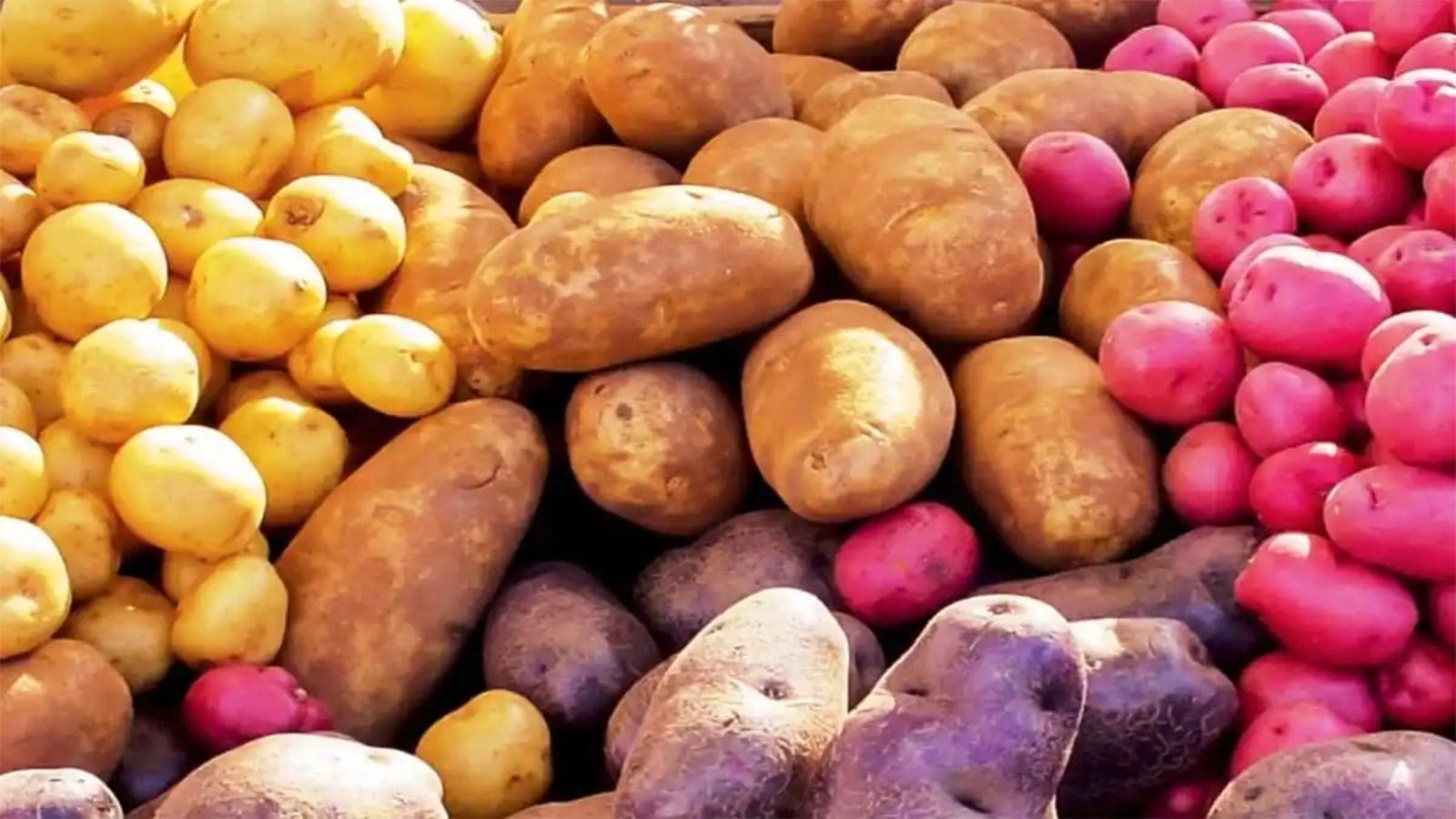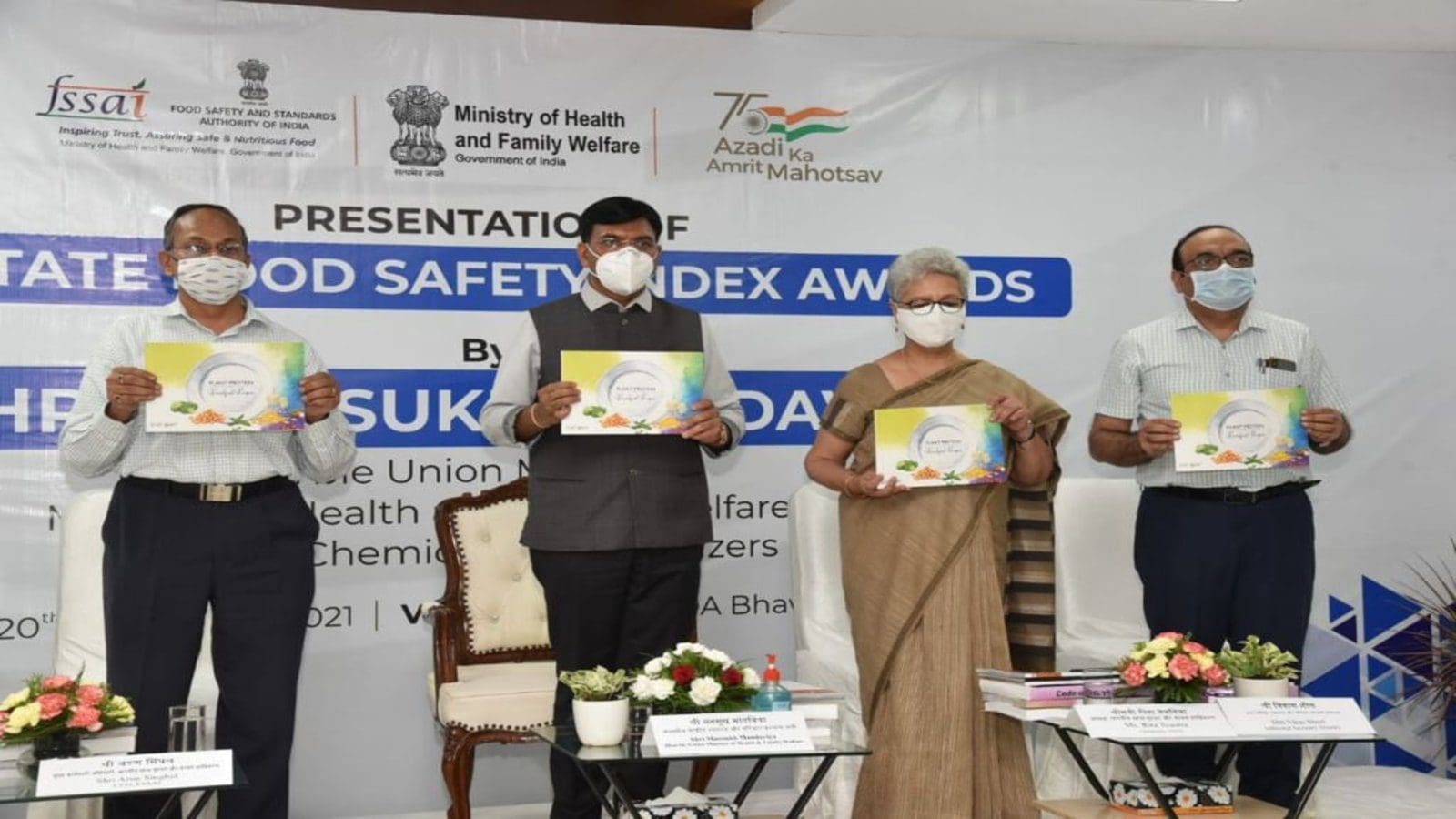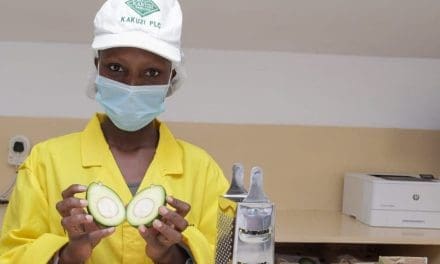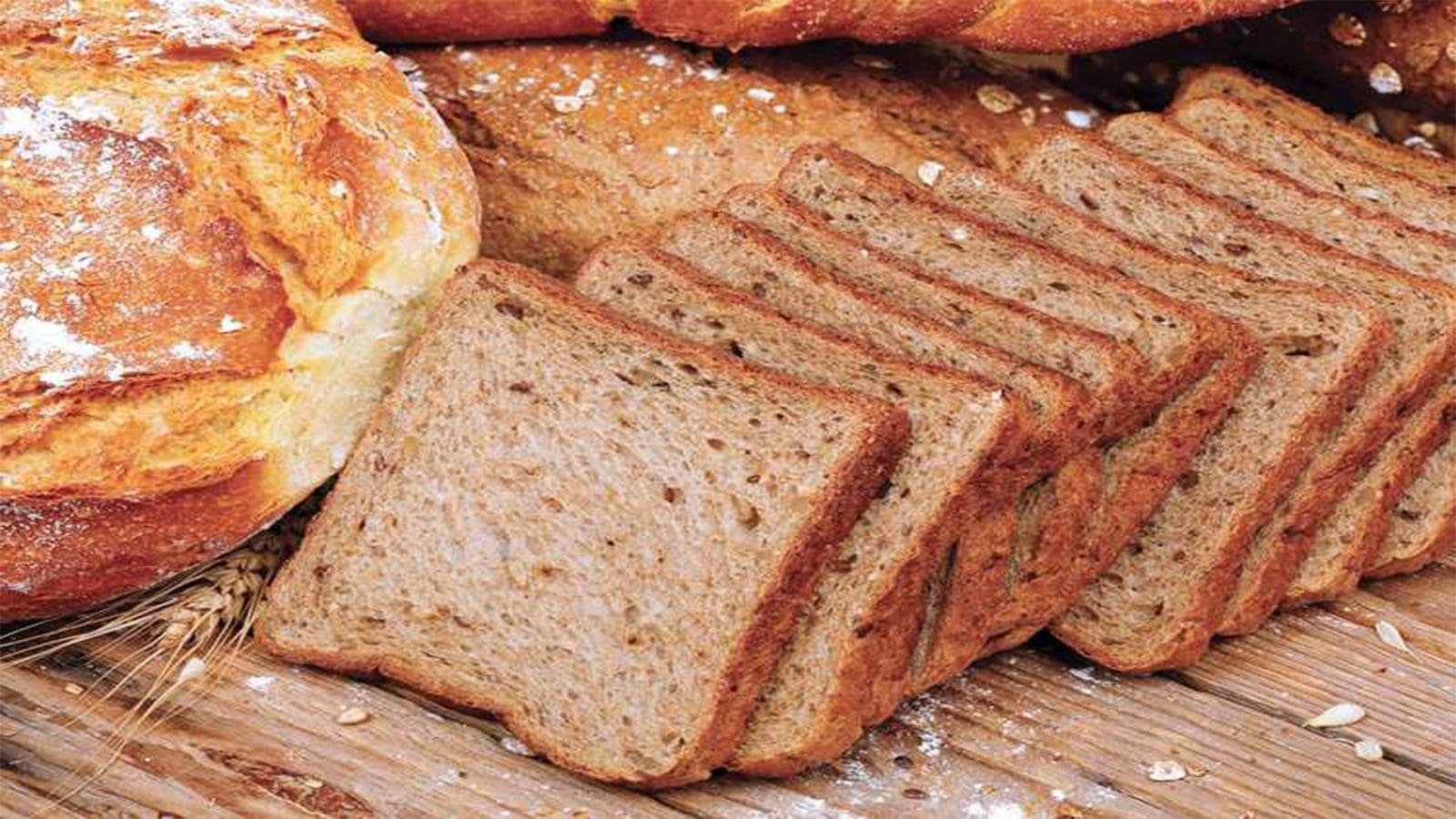KENYA – The government of Kenya has launched a ksh30 million ( around US$ 260 thousand) project in Nakuru that will enable more farmers to access certified potato seeds to fight poverty and hunger via increased food production.
The project which is financed by the Ministry of Agriculture, Livestock and Fisheries under the National Agricultural Rural Inclusive and Growth Project (NARIGP), involves 66 farmer groups in Njoro, Molo, Bahati and Kuresoi North Sub-Counties.
Part of the deal involves increasing high quality certified potato seed availability to farmers by 25 per cent through rapid multiplication, increased field seed bulking as well as capacity building of commercial seed growers in the County.
To ensure farmers procure clean and certified planting materials, they will be linked to research institutions like Kenya Agriculture and Livestock Research Organisation (KALRO), Agriculture Development Corporation (ADC) and Kenya Plant Health Inspectorate Services (KEPHIS).
Thus far, 850 farmers have benefited from Kenya Plant Health Inspectorate Services (KEPHIS) expertise to embark on multiplication of seed towards meeting the increasing demand among local growers, as stated by the NARIGP Capacity Building and Training Coordinator, Samuel Yego.
He informed that construction of 30 Diffused Light Stores was complete (DLS) adding that DLS is a low-cost potato-seed storage technology made from locally available materials.
“The concept of a DLS involves storing seed potato in a natural, diffused light (indirect sunlight) structure with good ventilation and aphid proof netting. Tubers are stored in shelves, trays or crates up to three layers deep. Seed stored in such a manner is high yielding and free from diseases and pests,” Yego explained.
Potato growers integrated in the project in the four sub counties will be able to buy fertilizers, pesticides, fungicides and other inputs at subsidized cost, as they will be linked to selected manufacturers and dealers of farm inputs.
Over the past decade, potato yields have stagnated due to use of poor-quality seeds by small-scale growers, improper post-harvest practices, climate change and high prices of seeds, as reported by Kenya News Agency.
In spite of being the country’s second most important food crop after maize, the local potato industry has been facing a severe shortage of clean planting materials, which has led to low production.
The government-owned Agriculture Development Corporation (ADC) and Kenya Agriculture and Livestock Research Organisation were previously the main suppliers of certified potato seeds.
Cold room store under construction
Mr. Yego said the project has also enabled 4,500 farmers in the four sub-counties to receive the hybrid variety potato planting material that has a potential to produce up to 180 bags of 50 kilos per acre as compared to the traditional variety that produces an average of 40 bags. The initiative also targets to increase potato consumption due to its high nutritional value.
“Potato is a major crop in Kenya but it doesn’t get the attention that it requires because farmers are still lacking access to certified seeds. Farmers should start planting certified seed that is clean, to stop multiplying of diseases and pests on the fields. When farmers grow clean seeds, it stops the multiplication of pathogen on the farms,” he said.
He added that through the NARIGP the National government was constructing a ksh117 million (about US$ 1M) cold room store in Muchorwe within Molo Sub-County as it seeks to cushion potato farmers against post-harvest losses and eliminate their exploitation by brokers.
The cold room designed to hold four million kilograms of potatoes will be equipped with an information centre and proper storage areas which will prolong the shelf life of the harvest by four to six months and also maintain consistency in quality.
The potato sub sector supports 3.8 million people directly and indirectly with the National Potato Council of Kenya putting its worth at over ksh50 billion (approximately US$ 438M).
Liked this article? Subscribe to Food Safety Africa News, our regular email newsletters with the latest news insights from Africa and the World’s food safety, quality and compliance. SUBSCRIBE HERE








